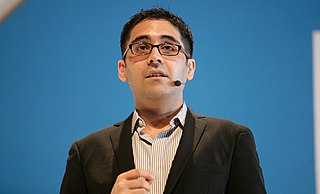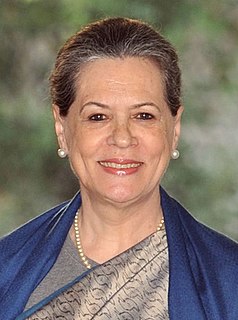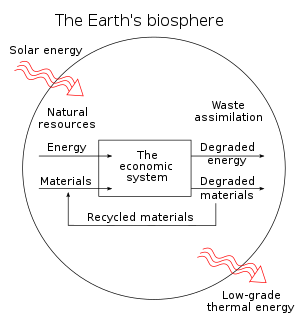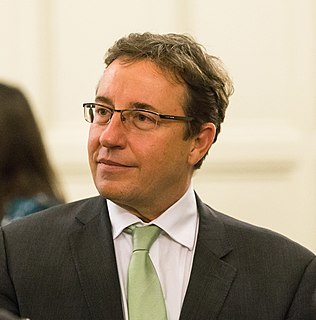A Quote by Umair Haque
We're richer, but that wealth doesn't reflect durable, authentic economic value - which is hitting fast diminishing returns. The growth that we're pursuing is neither sustainable - nor is it, in many ways, real growth at all. Boardrooms from finance to autos to energy to pharma to fashion have learned that the hard way.
Related Quotes
To be equitable, economic growth has to be sustainable. To be sustainable, economic growth has in turn to be all-inclusive. All-inclusive is no longer the greatest good of the greatest number. It is actually 'Sarvodaya' or the 'rise of all'. This Mahatma Gandhi saw as essential to Satyagraha itself.
Even if we could grow our way out of the crisis and delay the inevitable and painful reconciliation of virtual and real wealth, there is the question of whether this would be a wise thing to do. Marginal costs of additional growth in rich countries, such as global warming, biodiversity loss and roadways choked with cars, now likely exceed marginal benefits of a little extra consumption. The end result is that promoting further economic growth makes us poorer, not richer.
Mobile phone technology can help to bring financial services to the 80 percent of African women who do not have a bank account and bolster the growth of the world's poorest continent. It's not just about empowering women, it's about economic growth. Unless we can make access to finance easier for women in their businesses, we will be missing out on a significant portion of growth within our economies



































